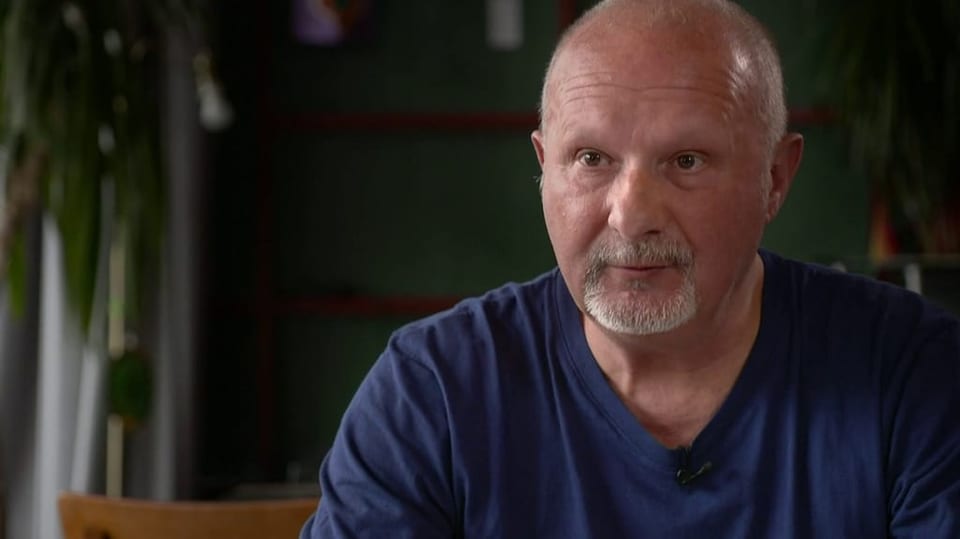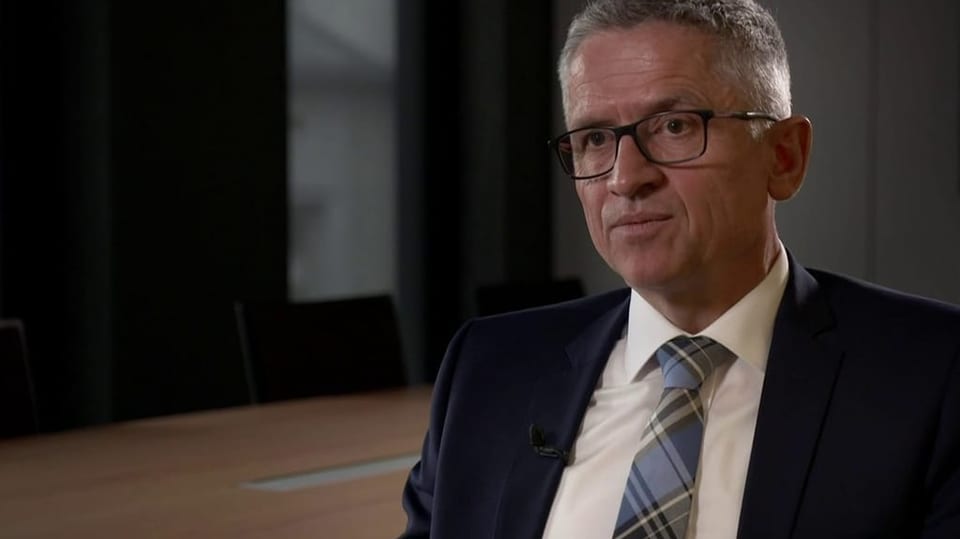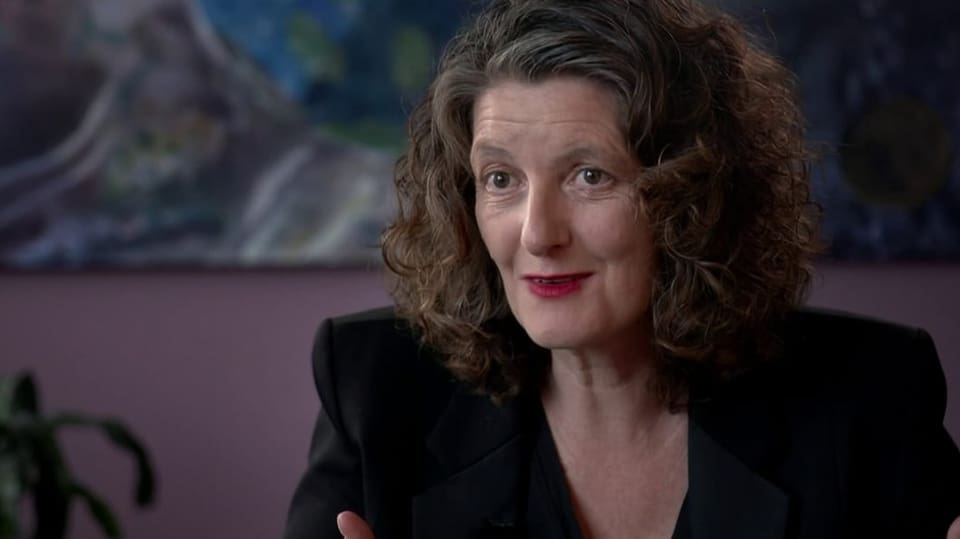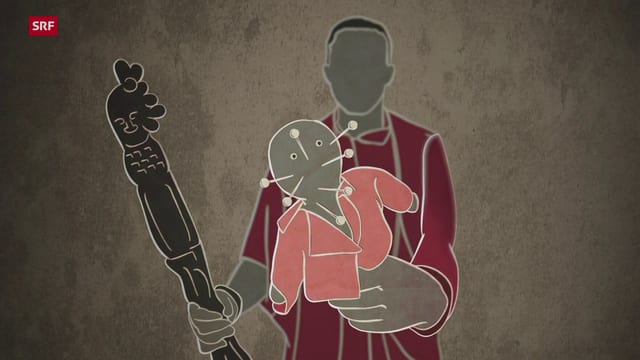“We do this because we have no other way to earn money,” says a young woman from Nigeria who works as a prostitute on Langstrasse.
She lives with other West African women in a small hotel under the worst conditions. According to estimates, around 150 women from Nigeria work regularly in District 4.
Most women share the same fate: in the hope of a better life, they were recruited by human traffickers in Nigeria or the Congo with the promise that they would find them work in a restaurant in Europe.
They are then systematically trafficked to Europe. Once here, they are forced into prostitution because they have to pay off the costs of the trip first.
People from third countries, such as Nigera, cannot work legally in Europe; they are dependent on someone to enable them to do so illegally.
The FIZ Women’s Information Center takes care of women in these situations, provided they have the courage to get out and testify against their tormentors. The FIZ also offers them shelters where they can go into hiding.
Legend:
Lelia Hunziker: “If women defend themselves, they are threatened and forced with violence.”
SRF
However, Lelia Hunziker from the FIZ is not very optimistic that women can really be helped: “People from third countries, like Nigeria, cannot legally migrate to Europe, they cannot work legally in Europe either, which means they are actually dependent on someone , which enables them to take the illegal path and that puts them in a debt that later makes them exploitable.” If they resist, they are threatened and coerced with violence.
Women and their children are put under pressure in Nigeria.
Cornelia Zürrer runs the “Rahab” night café on Langstrasse for the Salvation Army, where prostitutes can meet. The forced prostitution business from Nigeria began more than ten years ago, she says.
The women are very closed and scared and are often controlled by women who also previously worked in prostitution, so-called “madames”.
“The women told us that control was up there in their heads. They are being put under pressure to have their children in Nigeria.” They are threatened that something will happen to their children or family if they do not pay every month. If they do not comply, their relatives in Nigeria will actually be persecuted.
Even in their homeland, the women are made dependent with so-called juju rituals that are powerful for them. They must give hair, blood and a promise to obey, otherwise dark forces would take revenge on their relatives.
Dublin agreement helps human traffickers
In addition to this psychological pressure, the Dublin Agreement also plays into the hands of human traffickers. If a woman who was moved from Italy to Switzerland on a tourist visa is caught working on Langstrasse, she will be taken back to Italy – straight into the arms of her tormentors.
If a woman decides to give a statement to the police, under current law she is only allowed to stay in Switzerland until the proceedings are over. Then she will also be brought back.
Knowing this, hardly any women turn to the police, which is why they lack the necessary witness statements for successful investigations and trials against human traffickers. Cornelia Zürrer cannot understand why people are not finally taking action.
This is slavery.
Stephan Fuchs heads the NGO “Trafficked Victim Unit”. He works with the police and has been researching the structure and procedures of the West African mafia for years. He says: “This is slavery because the victims are exploited from Nigeria to Europe. You have to pay back 60 to 80 thousand euros.”

Legend:
Stephan Fuchs knows how the West African mafia operates.
SRF
According to Fuchs, one of the best-known routes leads from Edo State in southern Nigeria via Niger to Libya. For this first stage, human traffickers usually demand an advance payment.
In Sheba, Libya, the women are taken to a so-called “connection house” where they have to prostitute themselves for the first time in order to earn some of the money for their onward journey. If they resist, they will be forced with violence.
From Libya the women are taken by boat to Italy. According to Stephan Fuchs’ research, Brescia is an important hub from where the Nigerian mafia operates in various European countries.
The women are moved from one European city to another every few weeks on tourist visas so that they have nowhere to socialize and ask for help. They are constantly monitored – they cannot go underground and work anywhere other than prostitution.
Raids are of little help
The police know about the problem and the difficult situation of women. According to Peter Bächer, head of the structural crime investigation department at the cantonal police, more raids – as is often demanded by politicians – are of little help.
“If we do a raid, we have to expect that the women will be gone very quickly and taken to another place, not even in Switzerland, maybe to Spain and Italy.”

Legend:
For Peter Bächer, international networking is crucial.
SRF
The investigative authorities are therefore increasingly relying on intensive exchanges with Fedpol and Interpol.
“I am in contact with my colleagues in Bern several times a week, and I believe that we are really on the right track and that we can take a step forward quickly and, above all, with an international network in the near future,” says Peter Bächer.
Because Italy, Germany, France and Spain are struggling with the same problem. However, while human traffickers have already been convicted in Italy and Germany, this has not yet been achieved in Switzerland.

